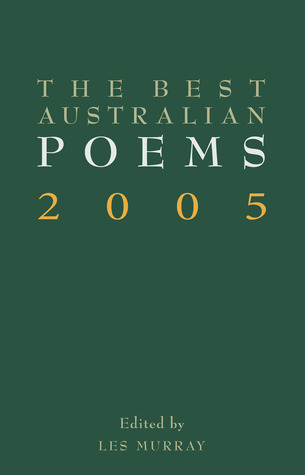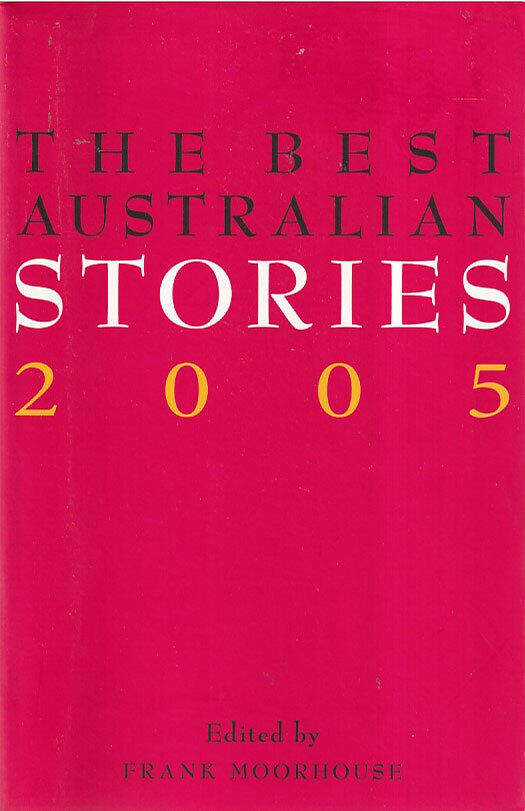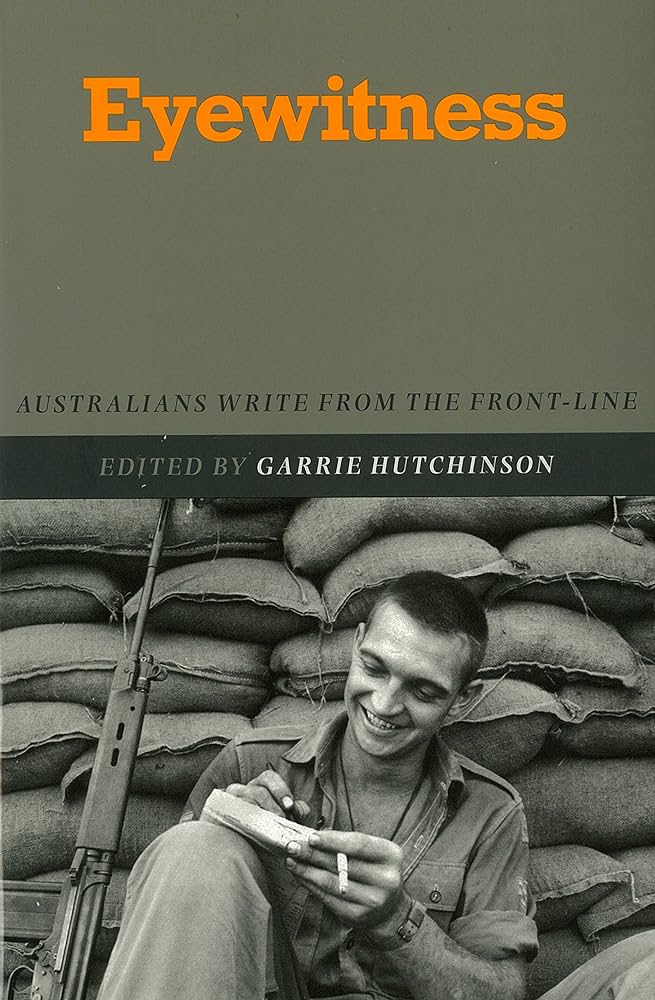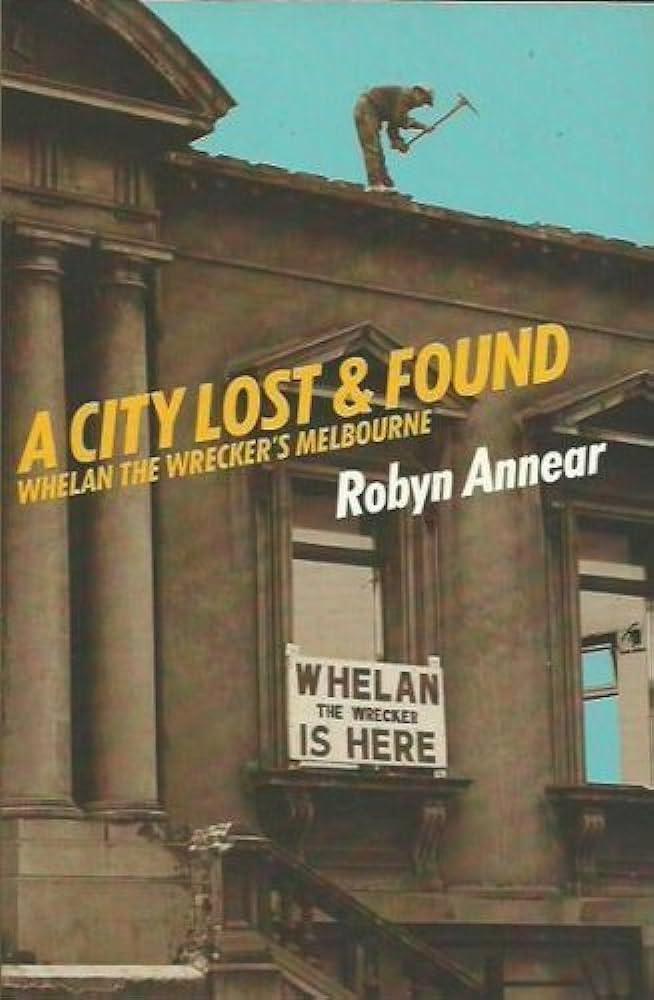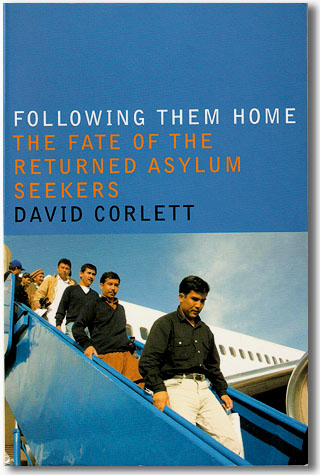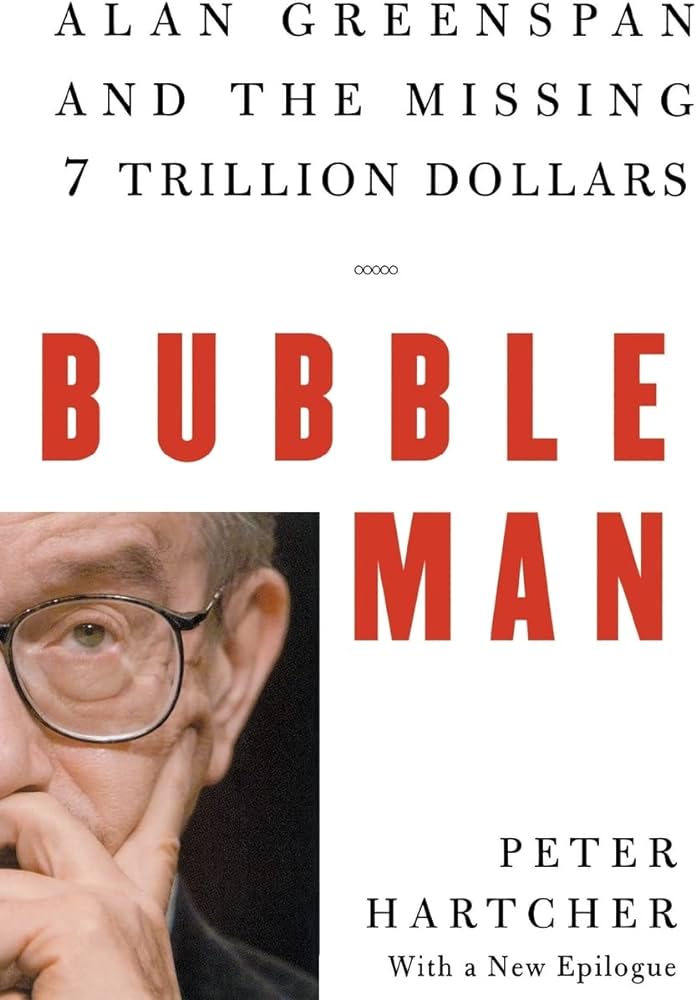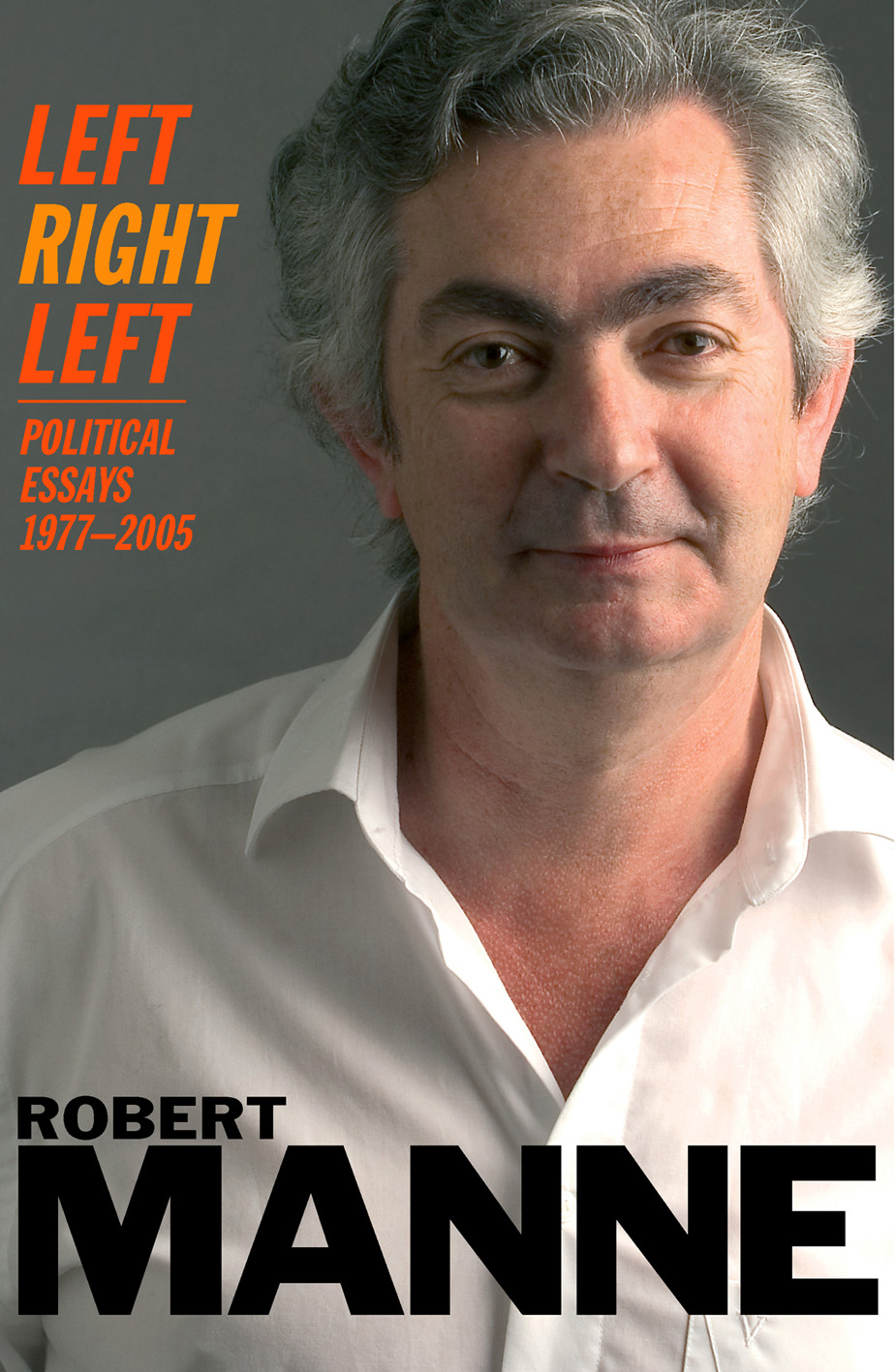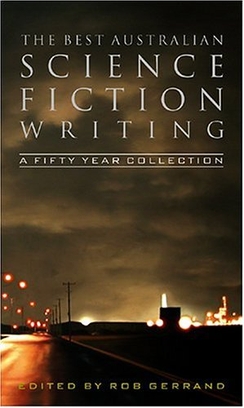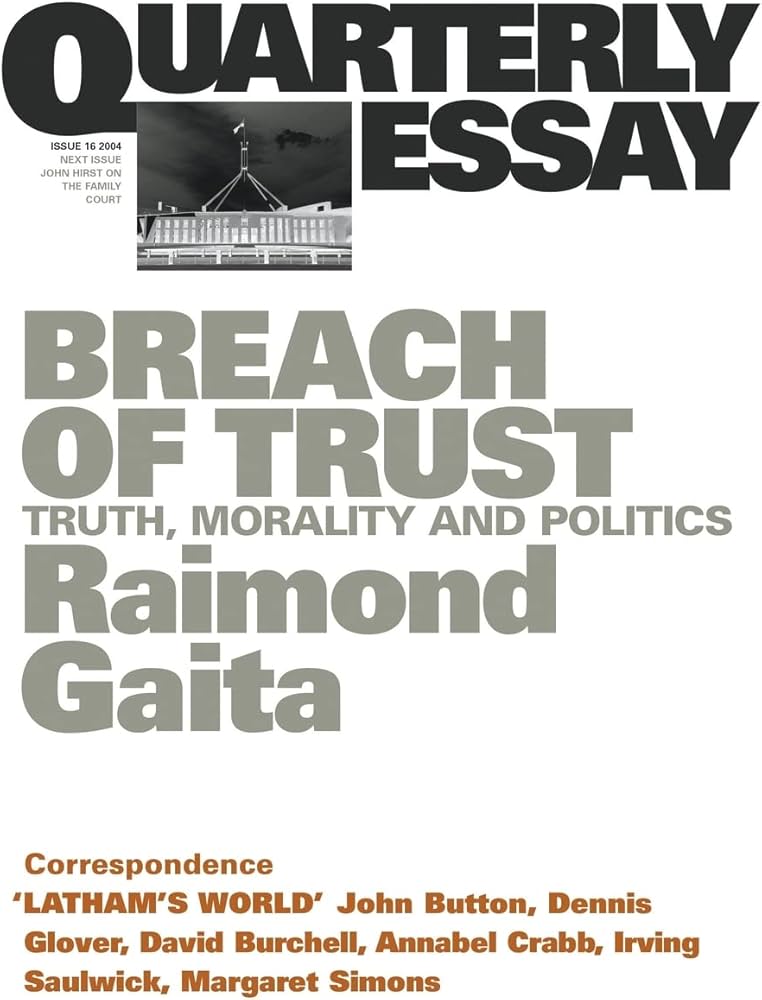Black Inc
Film | Theatre | Art | Opera | Music | Television | Festivals
Welcome to ABR Arts, home to some of Australia's best arts journalism. We review film, theatre, opera, music, television, art exhibitions – and more. To read ABR Arts articles in full, subscribe to ABR or take out an ABR Arts subscription. Both packages give full access to our arts reviews the moment they are published online and to our extensive arts archive.
Meanwhile, the ABR Arts e-newsletter, published every second Tuesday, will keep you up-to-date as to our recent arts reviews.
Recent reviews
Eyewitness: Australians write from the front-line by Garrie Hutchinson
by Martin Ball •
A City Lost and Found: Whelan the Wrecker's Melbourne by Robyn Annear
by Ian Morrison •
Following Them Home: The fate of the returned asylum seekers by David Corlett
by Peter Mares •
Bubble Man: Alan Greenspan and the missing 7 trillion dollars by Peter Hartcher
by Richard Walsh •
The Best Australian Science Fiction Writing: A fifty-year collection edited by Rob Gerrand
by Chris Palmer •
Quarterly Essay 16: Breach of trust: truth, morality and politics by Raimond Gaita
by John Uhr •

